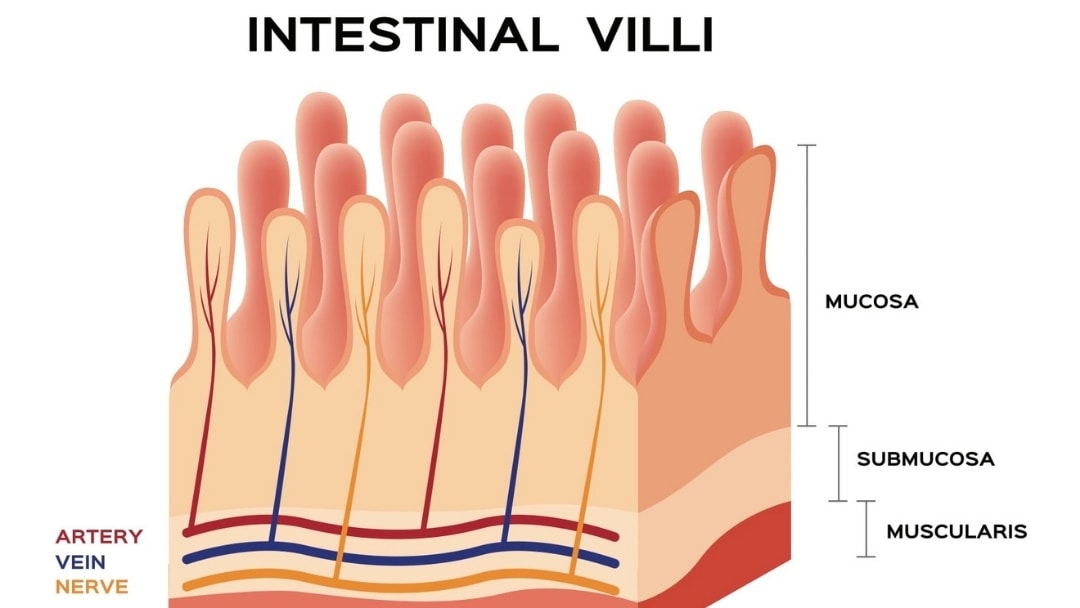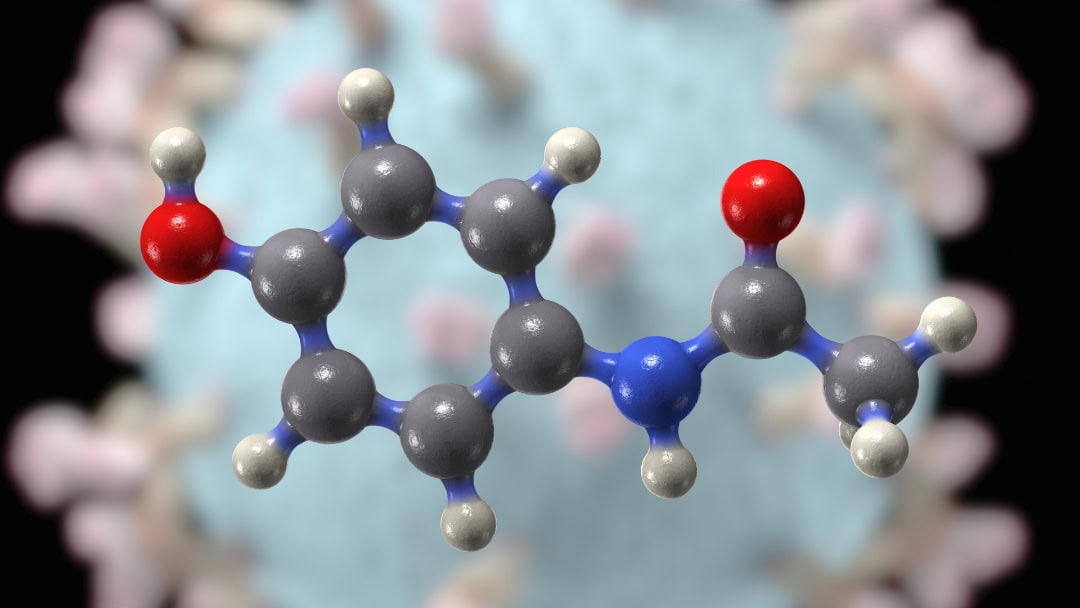The current treatment protocol for inflammation in PANS/PANDAS and autism is an anti-inflammatory such as Motrin, Aleve, Tylenol or Ibuprofen. These NSAIDs effectively reduce inflammation, brain-swelling and pain in a relatively short period of time.
However, PANS/PANDAS is not like a headache that goes away in a half an hour. It’s a condition that can flare up at any given point in time in neurotypical children. In children with autism (and roughly 40% of children with autism have PANS/PANDAS), it is a 24/7, around-the-clock situation.
NSAIDs are non-steroidal anti-inflammatory drugs. They are easily accessible and sold over the counter because they are not steroids. They are commonly used for a variety of reasons for many ailments. However, they have a laundry list of side effects that most people fail to even consider or are even aware of. Because they are so easily accessible and the go-to anti-inflammatory of choice for almost everything by the general population, doctors often automatically suggest NSAIDs. Similarly, with PANS/PANDAS and autism, many physicians suggest to use NSAIDs to address brain inflammation.
NSAIDs are the short-term, quick solution to reduce inflammation in the moment to calm down inappropriate behaviors especially in crucial situations where you need your child to behave immediately. NSAIDs are also a long-term solution suggested by many doctors for lack of knowing what else to give the child. In either of these two situations, using NSAIDs for whatever reason is nothing short of problematic for the child with a neurological condition who requires a healthy gut to create healthy communication with the brain.
Side Effects of NSAIDs
Did you know that NSAIDs:
- Cause imbalances to the gut microbiome with disease-causing, toxic bacteria
- Disrupt the enzymes that protect the gut lining and over time can eventually trigger a bleeding ulcer
- Increase intestinal permeability by allowing more toxic bacteria and food particles to leak into the blood stream causing Leaky Gut Syndrome (LGS), which can eventually lead to an autoimmune disorder
- Create more food back up into the esophagus – known as Gastroesophageal Reflux disease (GERD)
- Are associated with hospitalization due to Inflammatory Bowel Disease (IBD) and acute colitis, both an inflammation of the colon caused by NSAIDs
Long-term usage can cause:
- Stomach pain
- Heartburn
- Gas
- Bloating
- Nausea
- Vomiting
- Diarrhea
- Constipation
- Stomach ulcers
- Propensity to bleeding
- Headaches
- Dizziness
- Ringing in the ears
- Difficulty concentrating
- Allergic reactions
- Rashes
- Swelling
- Liver or kidney problems
- High blood pressure
- Leg swelling
- Balance issues
According to a study published in Gut research journal, “All the conventional NSAIDs studied were equally associated with small intestinal inflammation.” Another study published in Drugs research journal concluded that “NSAIDs are thus shown to disrupt intestinal integrity and long term treatment leads to inflammation of the small intestine.” In addition, as per Mark Hyman MD and Aviva Romm MD, NSAIDs are responsible for over 16,000 deaths per year.
How NSAID Use Can Lead to Gastrointestinal Problems
When a leaky gut goes untreated, the immune system starts attacking healthy tissue because it views everything as foreign invaders, causing the immune system to get confused. This process is called molecular mimicry which is how Leaky Gut Syndrome can eventually trigger an autoimmune disorder.
Virtually 80% of the body’s immune system lives within the gut and the gut and brain are connected and communicate through the “gut-brain axis” which is via the vagus nerve. So, it is extremely important that the gut is healthy and not leaking to prevent autoimmune disorders and to ensure the immune system is able to fight viruses and infections with a healthy inflammatory response needed to create that gut/brain connection.
Therefore, it is somewhat of an oxymoron to think that NSAIDs reduce inflammation when in fact they are causing inflammation in the body and brain and not just with long-term usage. Studies now show short-term usage of NSAIDS also cause inflammation.
NSAID Alternatives
The solution is to consider using any one of the varieties of natural anti-inflammatory supplements and herbs that can help to reduce inflammation over time in the body and brain with causing further inflammation in the gut and more extensive toxicity to your child’s body.
Some anti inflammatory supplements are:
- Acetyl-L-carnitine
- Ashwagandha
- Bacopa
- Boswellia
- Bromelain
- Broccoli sprouts
- Cat’s claw
- Cayenne
- Chondroitin
- Cinnamon
- Cod liver oil
- CoQ10
- Curcumin
- Devil’s claw
- Omega 3 fatty acids
- Flaxseed
- Ginger
- Gingko biloba
- Green tea
- Ion Biome
- Lithium orotate
- Lions mane mushrooms
- Magnesium L-threonate
- MSM
- Myo-inositol
- NAD
- Neuroprotect
- Oregano oil
- Pro-resolving Mediators (SPM)
- Quercetin
- Resveratrol
- Saffron
- L-theanine
- Thunder god vine
- Turmeric
- Vitamin D3
In addition, one of the time-tested methods for resolving pain and headaches is immersion of the painful area of the body into an ice bath or very cold water.
About Teresa Badillo
Teresa Badillo received her Honors Bachelor degree from the University of Toronto in 1977.
In the 1980s she worked overseas in Rome, Italy at the Japanese Embassy in the office of the United Nations (FAO) as a speech writer. She also began her long journey in alternative healing while living in Rome.
After moving to New York and while raising her family of seven children, Teresa embarked on a mission to find alternative non-invasive biomedical, therapeutic, sensory and educational solutions for autism after the diagnosis of her son in the early 1990s.

She won a court case in 1995 against the Rockland County School District in New York to enable ARC Prime Time for Kids to be the first school using Applied Behavioral Analysis teaching method for autism that was paid for by the Rockland County School District. The following year she was instrumental in getting the New York Minister of Education to approve an extension of the ARC license from 5 to 21 years.
She has worked over the years in a number of alternative medical practices with doctors and practitioners organizing various biomedical intervention options for children with autism. Since the mid 1990s, Teresa has served on several boards:
- Foundation for Children with Developmental Disabilities
- The Autoimmunity Project
- Developmental Delayed Resources
- Epidemic Answers
She continues to consult and advise parents on all different areas of autism especially nutritional protocols. Since 2006 she has worked with NutraOrgana, LLC and BioCellular Analysis Testing. She currently researches, writes the newsletter and blogs Teresa’s Corner for The Autism Exchange (AEX) as well as for Epidemic Answers.
Still Looking for Answers?
Visit the Epidemic Answers Practitioner Directory to find a practitioner near you.
Join us inside our online membership community for parents, Healing Together, where you’ll find even more healing resources, expert guidance, and a community to support you every step of your child’s healing journey.
Sources & References
Bjarnason, I., et al. Effect of non-steroidal anti-inflammatory drugs on the human small intestine. Drugs. 1986:32 Suppl 1:35-41.
Sigthorsson, G., et al. Intestinal permeability and inflammation in patients on NSAIDs. Gut. 1998 Oct;43(4):506-11.
Resources
Articles
Romm, Aviva, et al. 5 Steps to Heal a Leaky Gut Caused By Ibuprofen. HuffPost, Sep. 10, 2014.




